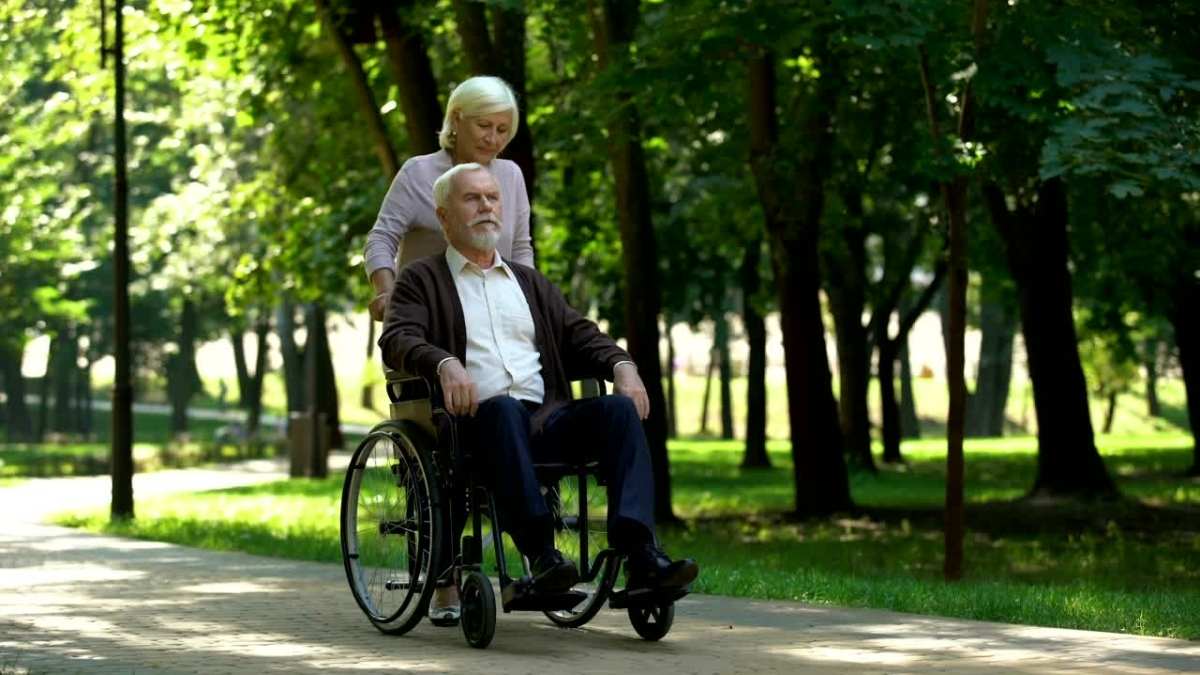SSDI benefits are only for those who have a qualifying disability and have worked for the minimum number of years. If you have not paid enough payroll taxes you will not be eligible.
However, you could receive Supplemental Security Income payments instead. Many SSDI recipients with a low income may qualify for SSI benefits while receiving Social Security. The thing is payment dates may not be the same and sometimes there are some payday changes.
SSDI due next week for some disability recipients
The Social Security Administration has scheduled payments for SSDI recipients on July 10. This check or direct deposit will not be for you if you are on SSI or got benefits before May 1997.
To qualify for SSDI on the 10th you must have been born on one of the first ten days of any month. Thus, the second Wednesday in July will be your payday if your birthday is from 1-10.
Recipients whose birthdays are from 11-20 will get Disability Insurance payments on July 17. Therefore, your money will be due on July 24 if you were born from the 21st to the 31st.
Will you get $1,537 from Social Security Disability Insurance?
Social Security Disability Insurance amounts depend on your work history and filing age. So, each recipient may get a different amount. If you get $1,537 is because you are eligible for an average payment.
Disability Insurance payments can support other family members like spouses and children. On average, spouses of workers with a disability receive payments worth $418. Children of workers with a disability can get average payments worth $494.
Those who have just qualified for Disability Insurance and get very low payments should apply for SSI and SNAP benefits. Receiving money from these 3 benefits at the same time is possible. Report any changes in your personal situation since it may affect your eligibility or amount.
Can you receive SSDI benefits without having a qualifying disability?
No, you cannot receive Social Security Disability Insurance (SSDI) benefits without having a qualifying disability. To qualify for SSDI, you must meet two key criteria:
- You must have a medical condition. It must meet Social Security’s strict definition of disability. This means:
-
- You cannot work at the SGA level. This is because of your medical condition.
- You cannot do work you did previously or adjust to other work because of your medical condition.
- Your condition has lasted or is expected to last for at least 1 year or to result in death.
- You must have worked long enough and recently enough under Social Security to qualify. The number of work credits needed depends on your age. But, in general, you need 40 credits. 20 were earned in the last 10 years. Younger workers may qualify with fewer credits.




